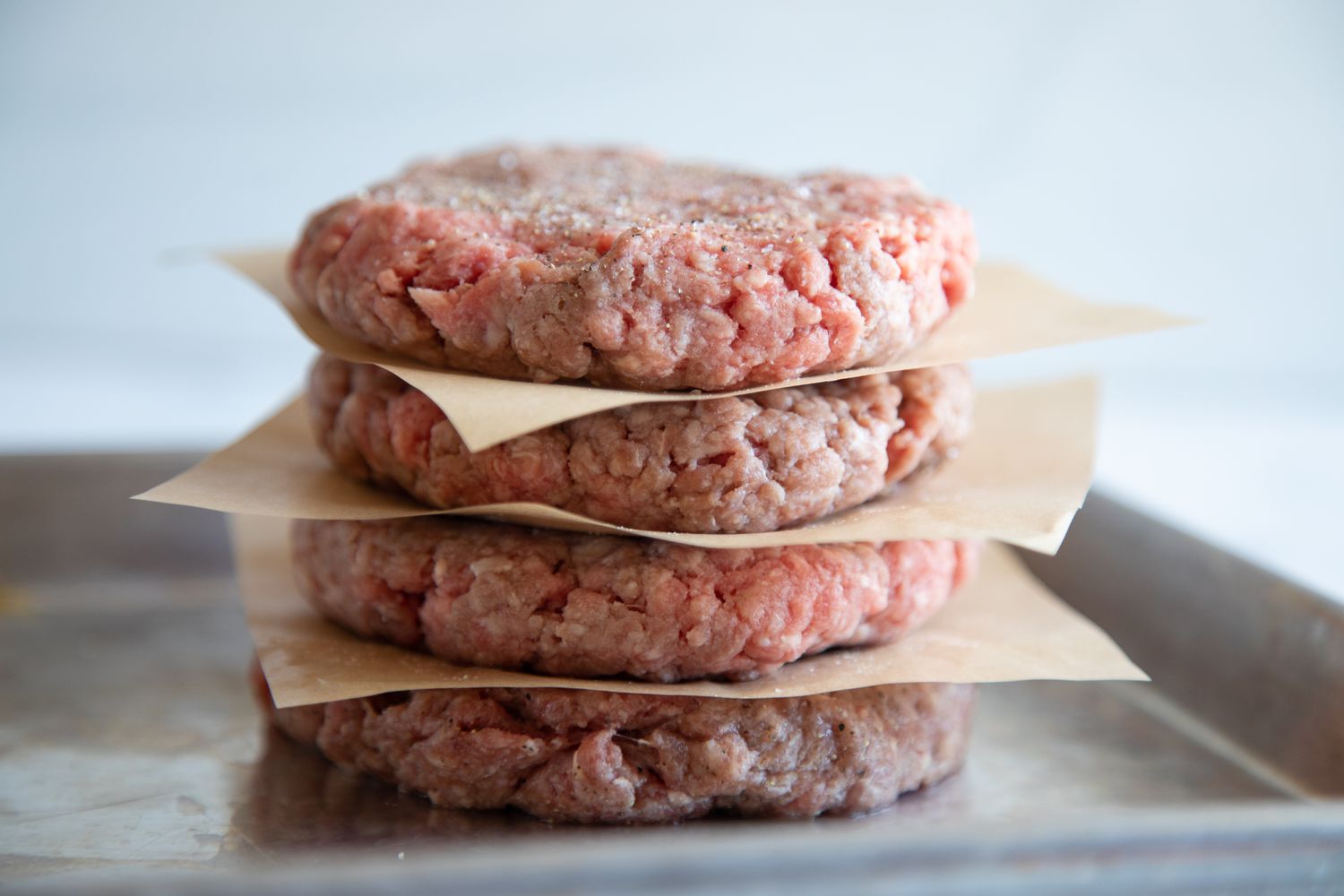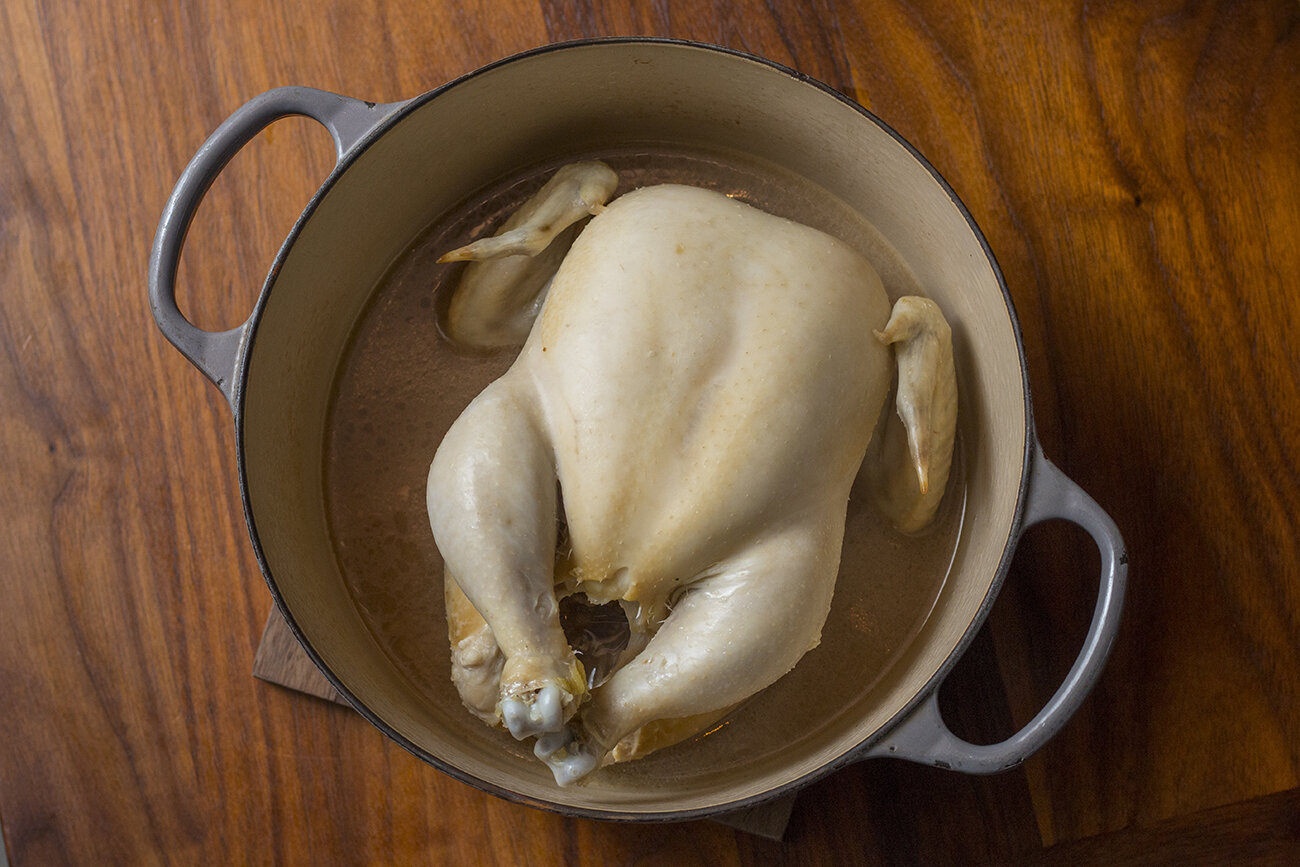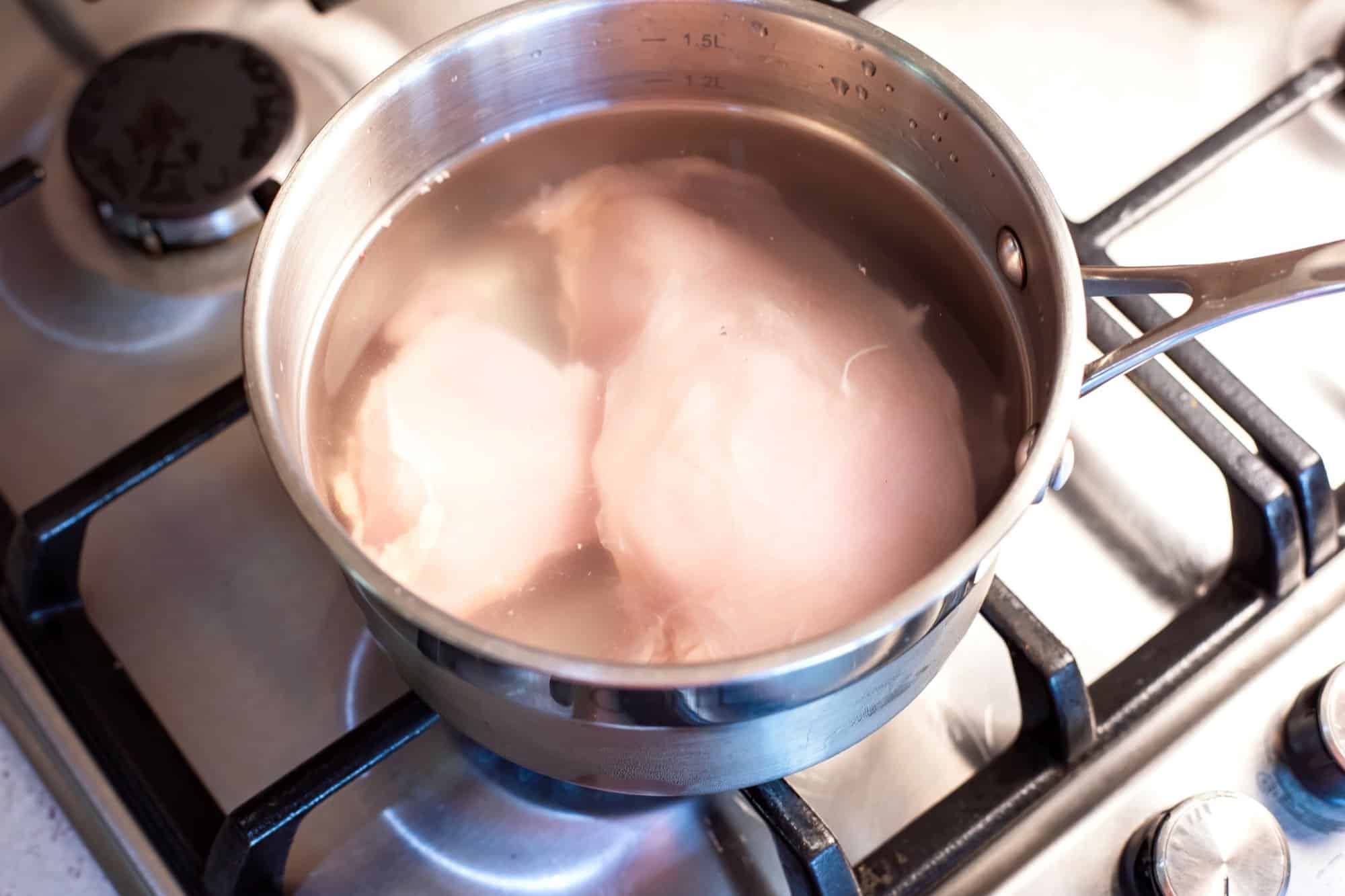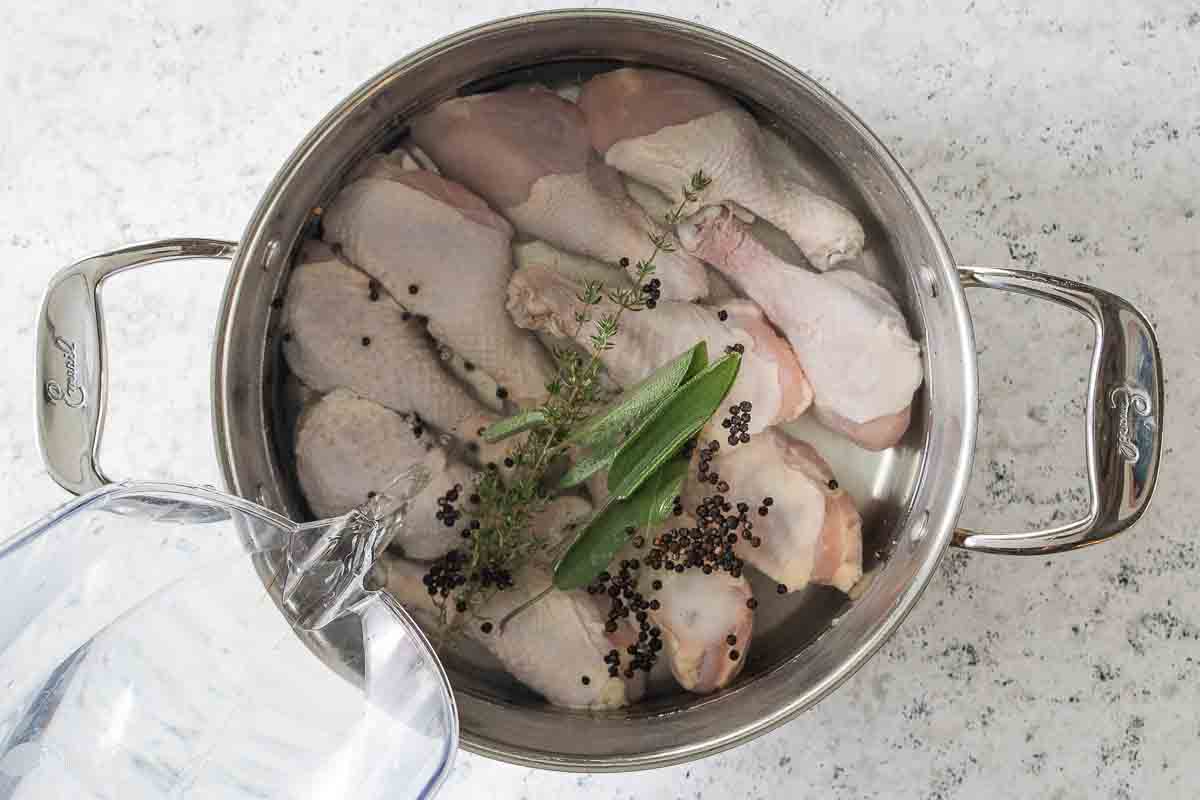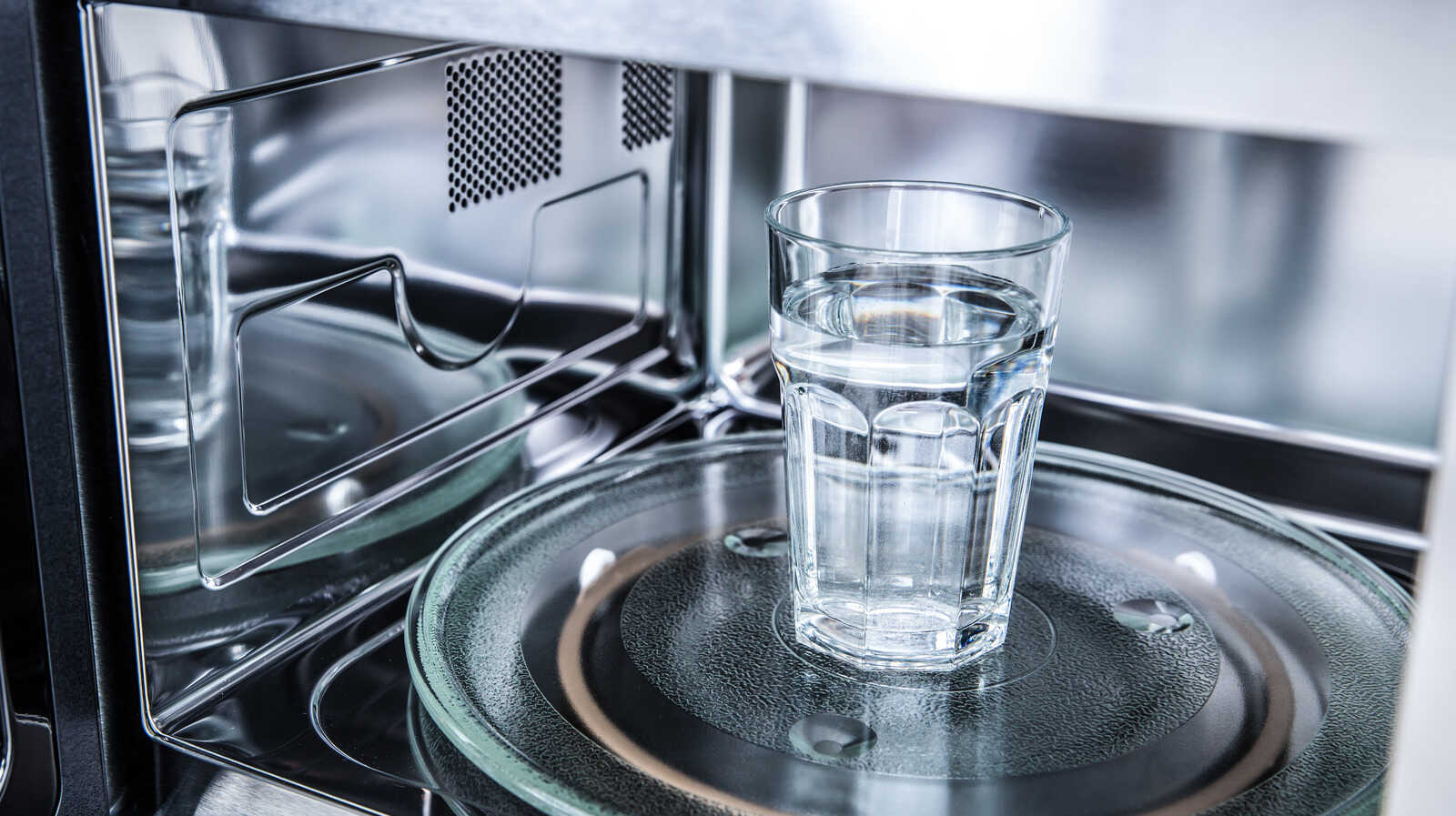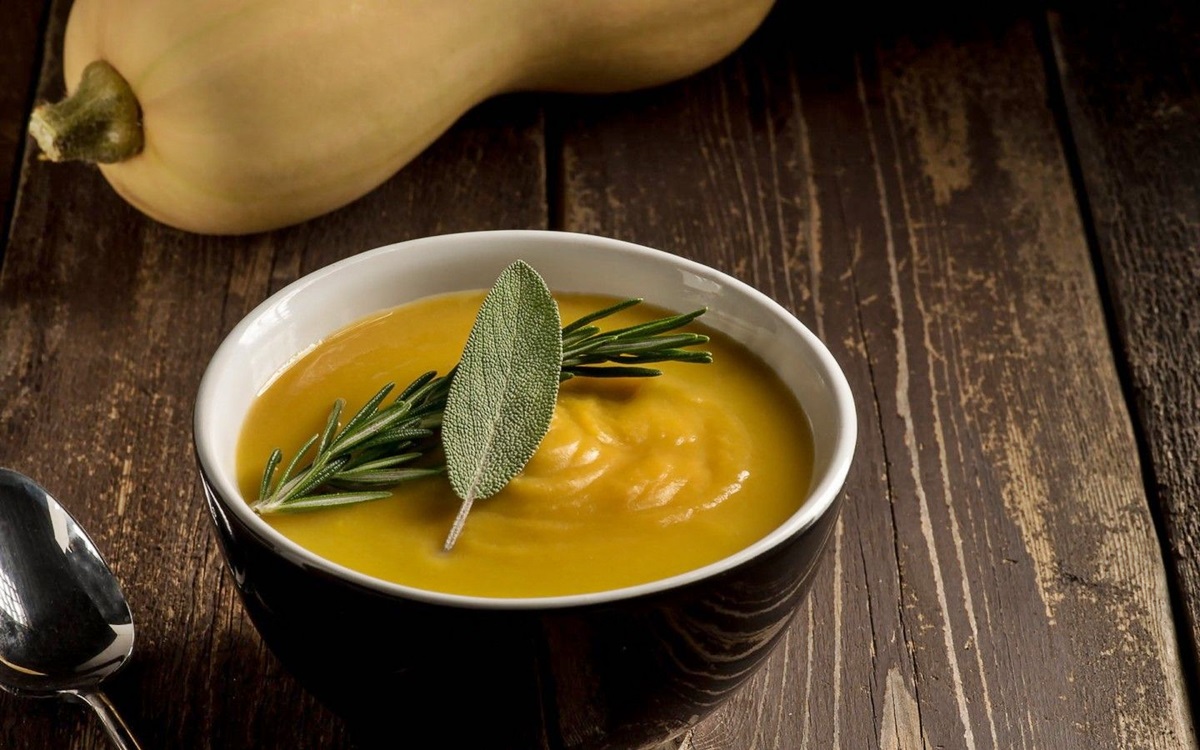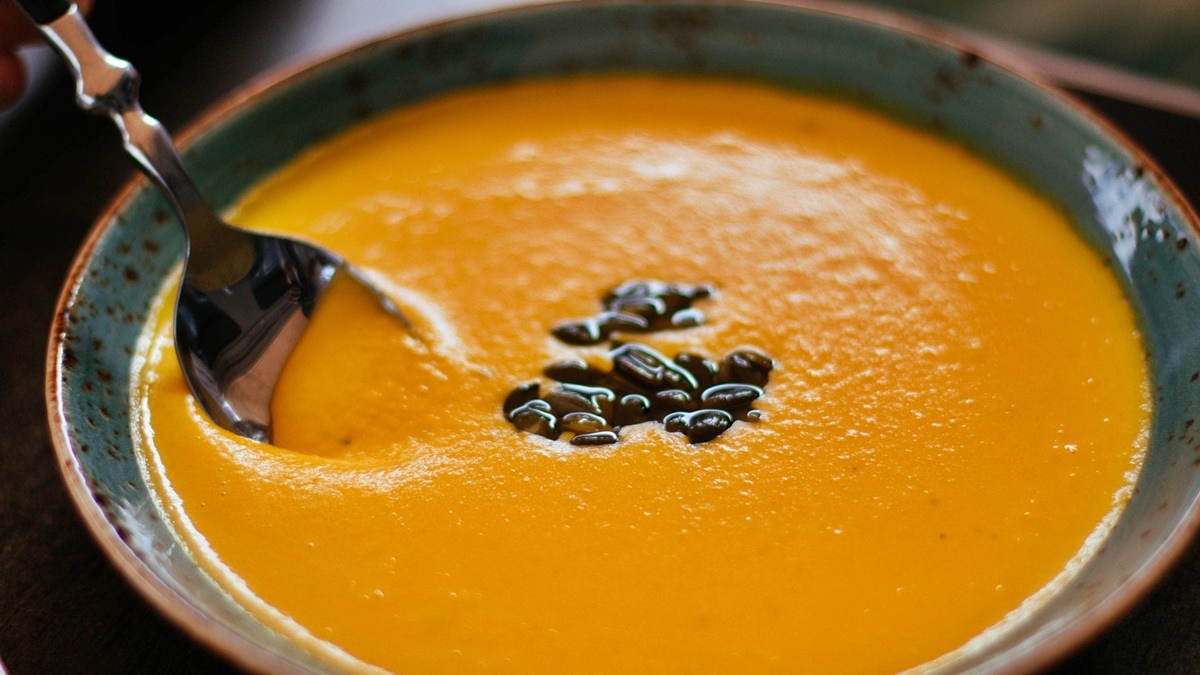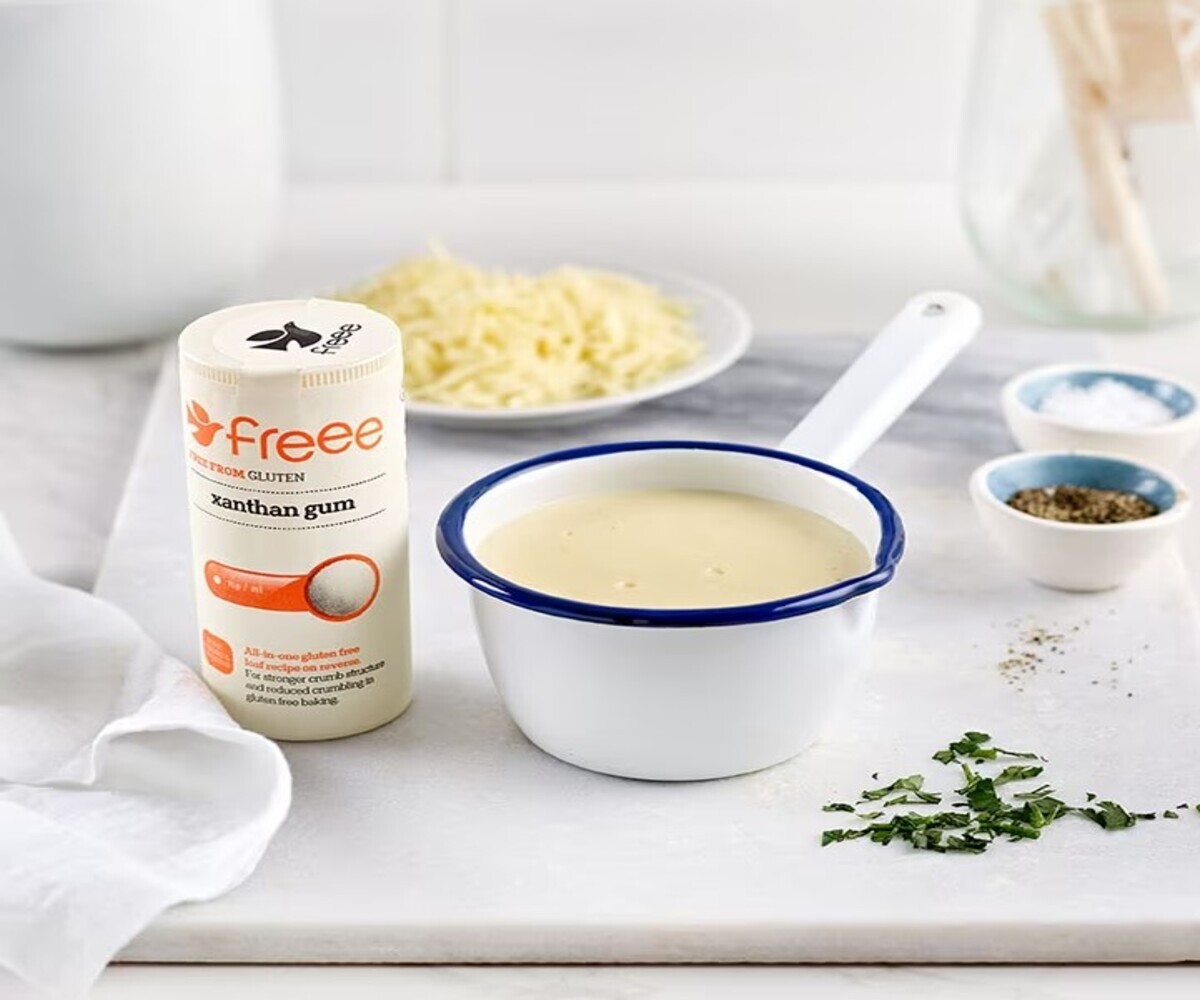How To Boil Fresh Eggs: A Comprehensive Guide
Boiling fresh eggs may seem like a simple task, but achieving the perfect texture and consistency can sometimes be a challenge. Whether you enjoy them for breakfast, in salads, or as a snack, knowing how to boil fresh eggs correctly will ensure that you get delicious results every time.
Follow these steps to boil fresh eggs to perfection:
- Choose the right eggs: Fresher eggs are notorious for being difficult to peel. To make the peeling process easier, it’s best to use eggs that are at least a week old. These eggs will have slightly larger air pockets, making them easier to peel after boiling.
- Preparation is key: Start by carefully placing the desired number of eggs in a single layer at the bottom of a saucepan. Make sure they are not stacked on top of each other, as this will result in uneven cooking.
- Add water and salt: Fill the saucepan with enough water to cover the eggs by about 1 inch. Adding a pinch of salt to the water will help prevent the eggs from cracking during the boiling process.
- Heat it up: Place the saucepan on the stove and turn the heat to high. Allow the water to come to a full boil. Once boiling, reduce the heat to a gentle simmer.
- Set the timer: Depending on your desired level of doneness, let the eggs simmer for the appropriate amount of time:
- Soft-boiled eggs: For a soft, slightly runny yolk, simmer for around 4-6 minutes.
- Medium-boiled eggs: For a yolk with a custard-like consistency, simmer for around 7-9 minutes.
- Hard-boiled eggs: For a fully set yolk, simmer for around 10-12 minutes.
- Ice bath: Once the eggs have reached your desired level of doneness, carefully remove them from the saucepan using a slotted spoon and transfer them to a bowl filled with ice water. Allowing the eggs to cool rapidly will not only stop the cooking process but also make them easier to peel.
- Peel with ease: Gently tap the cooled eggs on a hard surface to crack the shell, then roll them between your hands to loosen it. Start peeling from the wider end of the egg, where the air pocket is located, for easier peeling.
- Enjoy your boiled eggs: Your perfectly boiled fresh eggs are ready to be enjoyed! Serve them as they are, sprinkle with a pinch of salt and pepper, or use them in your favorite recipes.
Now that you know how to boil fresh eggs with ease, you can confidently prepare this versatile ingredient for any meal. Whether you prefer them soft-boiled, medium-boiled, or hard-boiled, following these steps will help you achieve the perfect results every time. Get cracking and enjoy the deliciousness of boiled fresh eggs!
Share your tips and tricks for boiling the perfect fresh eggs in the Cooking Techniques forum, and let’s discuss how to master this simple yet essential kitchen skill in the “How To Boil Fresh Eggs” thread.
FAQ:
How can I determine if an egg is fresh?
One way to determine if an egg is fresh is by performing the float test. Fill a bowl with water and gently place the egg in it. If the egg sinks and lays flat on its side, it is fresh. If it stands upright on the bottom, it is still good to eat but not as fresh. However, if the egg floats to the top, it is no longer fresh and should be discarded.
Should I use room temperature eggs or refrigerated eggs for boiling?
It is generally recommended to use refrigerated fresh eggs for boiling. Cold eggs are less likely to crack while boiling and are easier to peel afterwards. Therefore, it is best to take the eggs out of the refrigerator a few minutes before boiling, allowing them to come to room temperature.
How long do I need to boil fresh eggs for the perfect consistency?
To achieve the perfect boiled fresh eggs, bring a pot of water to a rolling boil. Gently lower the eggs into the boiling water using a spoon and let them cook for about 7-9 minutes for medium-sized eggs. Adjust the time according to your preference: 6-7 minutes for slightly runny yolks, 8-9 minutes for creamy yolks, or 10-12 minutes for fully set yolks.
How can I prevent the eggs from cracking during the boiling process?
To minimize the risk of eggs cracking while boiling, start with room temperature eggs, use a gentle hand when placing them in the boiling water, and make sure the water covers the eggs entirely. Rapid temperature changes, such as dropping cold eggs into boiling water or transferring boiled eggs directly to cold water, can cause cracks, so it’s important to handle them with care.
How do I achieve easy-to-peel boiled fresh eggs?
Adding a teaspoon of vinegar or salt to the boiling water can help prevent the egg whites from leaking out in case a crack occurs. After boiling, immediately transfer the eggs to an ice bath and let them cool for a few minutes. The rapid cooling will create a slight contraction, making it easier to peel the eggs without any hassle.
Can I reuse the water used to boil fresh eggs?
While technically you can reuse the water, it is not recommended. The water used to boil eggs may contain bacteria or impurities from the shell, so it’s best to discard the water and start with fresh, clean water for each batch of boiled fresh eggs.
How long can I store boiled fresh eggs?
Boiled fresh eggs, still in their shells, can be stored in the refrigerator for up to one week. It is important to keep the eggs refrigerated and not leave them at room temperature for more than two hours. If you have already peeled the eggs, they should be consumed within 24-48 hours for best taste and quality.
Was this page helpful?
Read Next: How To Boil Eggs In Air Fryer

